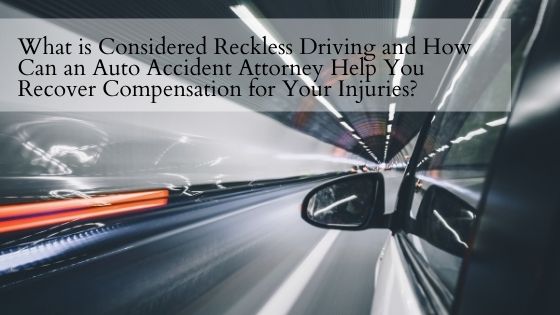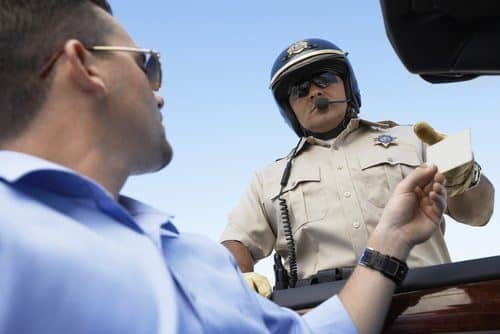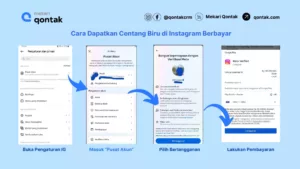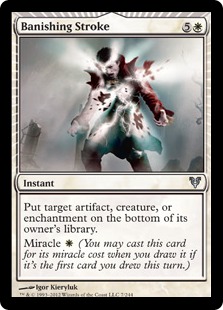
If You Are Deemed a Habitually Reckless or Negligent Driver: Understanding the Consequences
Driving safely and responsibly is not just a legal obligation, but also a moral one. Unfortunately, not everyone adheres to these principles on the road. If you are deemed a habitually reckless or negligent driver, you may face a range of consequences. In this article, we will explore what it means to be labeled as such and the impact it can have on your driving privileges, insurance rates, and overall reputation.
The Definition of a Habitually Reckless or Negligent Driver
A habitually reckless or negligent driver is someone who consistently demonstrates a lack of care or disregard for traffic laws and the safety of others on the road. This behavior typically extends beyond a single incident and indicates a repetitive pattern of risky driving habits.
Reckless driving may include actions such as excessive speeding, aggressive lane changes, running red lights or stop signs, tailgating, or street racing. Negligent driving, on the other hand, involves activities like distracted driving, such as texting or talking on the phone while driving, or failing to properly maintain a vehicle.
Once your driving behavior falls into the habitually reckless or negligent category, the consequences can be severe and far-reaching.
Legal Consequences and Penalties
If you are caught and convicted of habitually reckless or negligent driving, the legal consequences can vary depending on the jurisdiction. In many cases, you may face hefty fines, points on your driving record, license suspension or revocation, mandatory driver’s education or defensive driving courses, probation, or even jail time, especially if your actions resulted in severe accidents or injuries.
Furthermore, a habitually reckless or negligent driving conviction may also lead to an increase in your insurance rates, making it much more expensive to maintain coverage. Your reputation as a driver can also suffer, potentially leading to difficulty in obtaining employment in certain industries where a clean driving record is essential.
Insurance Implications
When insurance companies review your driving record and notice a pattern of reckless or negligent driving, they frequently view you as a high-risk client. As a result, your insurance rates are likely to skyrocket, potentially doubling or even tripling in some cases.
Moreover, some insurers may even choose to drop you as a policyholder altogether, leaving you scrambling to find coverage from a specialized insurer known for insuring high-risk drivers. These policies are often associated with significantly higher premiums, making it financially burdensome to obtain adequate coverage.
Repairing Your Reputation as a Driver
Being labeled as a habitually reckless or negligent driver is not a permanent sentence. With a proactive approach, you can begin to repair your reputation and regain the trust of insurance providers and potential employers.
If you have faced legal consequences for your reckless or negligent driving, it is crucial to comply with all court-mandated requirements, such as paying fines, completing driving courses, and obeying any probationary guidelines. Additionally, developing a responsible and defensive driving mindset is essential to prevent future incidents.
Take the time to review and familiarize yourself with traffic laws and regulations in your jurisdiction. Commit to following them consistently, ensuring not only your safety but the safety of others on the road as well.
Conclusion
Being deemed a habitually reckless or negligent driver has severe consequences, both legally and financially. It is important to understand the implications of reckless or negligent driving and take the necessary steps to improve your behavior on the road. By working towards becoming a responsible driver, you can not only protect yourself but also others who share the road with you.
Frequently Asked Questions (FAQ)
Q: Can I contest the habitually reckless or negligent driver label?
A: While it may be possible to contest the label, it can be challenging to do so. It is advisable to seek legal counsel and present any evidence supporting your case. However, keep in mind that the burden of proof lies with the defendant.
Q: How long will the habitually reckless or negligent driver label remain on my record?
A: The length of time the label remains on your driving record varies depending on your jurisdiction. In some cases, it can stay on your record for several years or indefinitely, depending on the severity of the offenses committed.
Q: Will taking a defensive driving course help my case?
A: While completing a defensive driving course can reflect positively on your efforts to improve your driving, it may not guarantee the removal of the habitually reckless or negligent driver label. However, it may help mitigate some of the consequences or reduce insurance premiums.
Q: Can I still obtain car insurance if I am labeled a habitually reckless or negligent driver?
A: It may be more challenging to find insurance coverage after being labeled as such. It is recommended to contact specialized insurers that offer high-risk policies, although they may come with significantly higher premiums.

Source Image: cnrlawyers.com

Source Image: thefishmanfirm.com
Reckless Driving – Snohomish Law Group Getting into a car accident can be overwhelming. Here is everything you need to know about negligent vs reckless driving. In addition to addressing the physical and financial damages that come from a car accident, a driver may need to engage with legal consequences.










